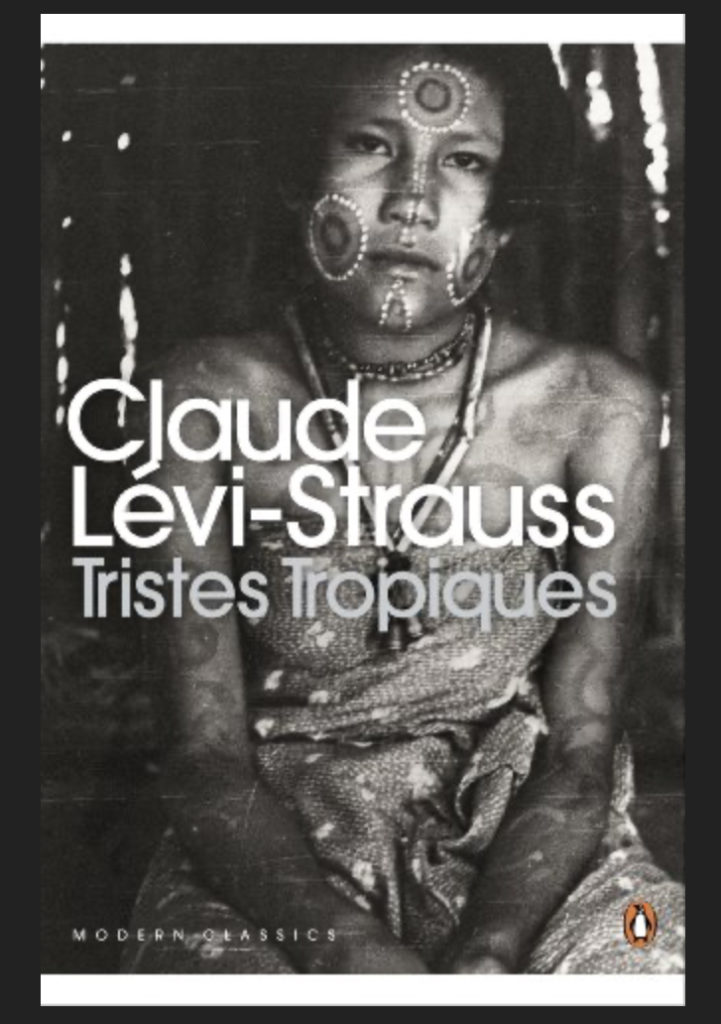
” There they were, all ready to teach me their customs and beliefs, and I did not know their language. They were as close to me as a reflection in a mirror; I could touch them, but I could not understand them. I had been given, at one and the same time, my reward and my punishment. Was it not my mistake, and the mistake of my profession, to believe that men are not always men? that some are more deserving of interest and attention because they astonish us by the colour of their skin and their customs? I had only to succeed in guessing what they were like for them to be deprived of their strangeness: in which case, I might just as well have stayed in my village. Or if, as was the case here, they retained their strangeness, I could make no use of it, since I was incapable of even grasping what it consisted of. Between these two extremes, what ambiguous instances provide us with the excuses by which we live? Who, in the last resort, is the real dupe of the confusion created in the reader’s mind by observations which are carried just far enough to be intelligible and then are stopped in mid-career, because they cause surprise in human beings similar to those who take such customs as a matter of course? Is it the reader who believes in us, or we ourselves who have no right to be satisfied until we have succeeded in dissipating a residue which serves as a pretext for our vanity? “
– CLAUDE LÉVI-STRAUSS | Tristes Tropiques